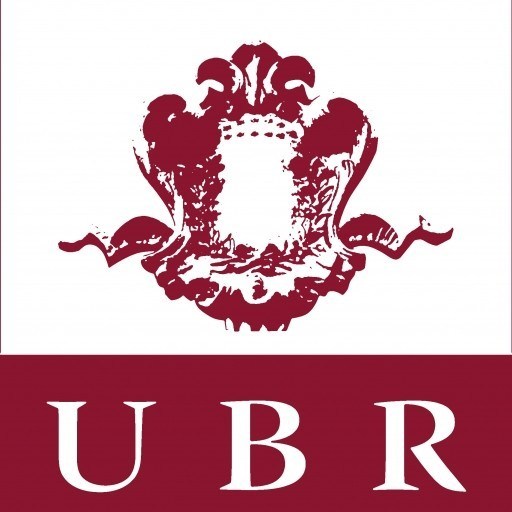Photos of university / #universitaet.tuebingen
The Graduate School of Neural Information Processing at the University of Tübingen offers a comprehensive and interdisciplinary PhD program designed to advance understanding in the fields of neural computation, machine learning, cognitive systems, and computational neuroscience. This program provides aspiring researchers with a unique opportunity to engage in cutting-edge scientific research under the guidance of leading experts from various fields, fostering an environment of innovation and academic excellence. The curriculum emphasizes the integration of theoretical knowledge with practical application, enabling students to develop advanced skills in computational modeling, data analysis, and experimental techniques. Participants benefit from a dynamic academic community that encourages collaboration across disciplines such as neuroscience, computer science, mathematics, and psychology. The program also offers specialized training workshops, seminars, and summer schools to deepen students' expertise and enhance their professional development. With access to state-of-the-art laboratories and research facilities, students have the opportunity to contribute to pioneering projects that address fundamental questions about brain function, learning processes, and intelligent behavior. Graduates of this program are well-equipped to pursue successful careers in academia, industry, and research institutions, where they can apply their specialized knowledge to tackle complex challenges related to neural information processing and artificial intelligence. The Graduate School of Neural Information Processing aims to produce innovative researchers who will push the boundaries of science and technology, ultimately contributing to a better understanding of the human brain and the development of intelligent systems.
Educational organisation
The Master's course lasts four semesters. The first two semesters are devoted to theoretical and practical training (lectures, seminars, tutorials, journal clubs) with an examination period at the end. The third and fourth semesters are set aside for two ten-week lab rotations and the six-month Master's thesis.Ideally, the Master's thesis will lead directly to PhD studies.
Study abroad unit(s)
Not requiredInternships
Two ten-week internships have to be completed in the third and fourth semesters.Forms of assessment
Courses are generally concluded with written exams at the end of the semester. For some courses, problem sheets, oral exams or seminar presentations are required. Laboratory rotations are concluded with a written report and an oral presentation. A total of 65 credits will be earned with theoretical courses (lectures, seminars) while laboratory rotations and the Master's thesis earn 55 credits.Course objectives
The research-oriented Master's course provides state-of-the-art theoretical and practical training in basic and clinical neuroscience. Students who complete the Master's course successfully are ideally prepared to pursue a demanding doctoral project in one of the research groups in Tübingen.Language requirements
Applicants must provide proof of their English skills.Academic requirements
This MSc programme is aimed at students with a first degree in physics, mathematics, computer science, bioinformatics, engineering or a related field who have a strong interest in biomedical and neural science and technical applications. Profound knowledge in maths (linear algebra, analysis), statistics, elementary probability theory, and programming skills in at least one language are compulsory.Enrolment fees
Enrolment fee: 142.10 EUR per semester (students' services organisation)Costs of living
- Accommodation: 200-350 EUR per month
- Health insurance student's rate: approx. 90 EUR per month
- Matriculation fee: 142.10 EUR per semester
- Semester ticket for the local transport system: 72.90 EUR per semester






